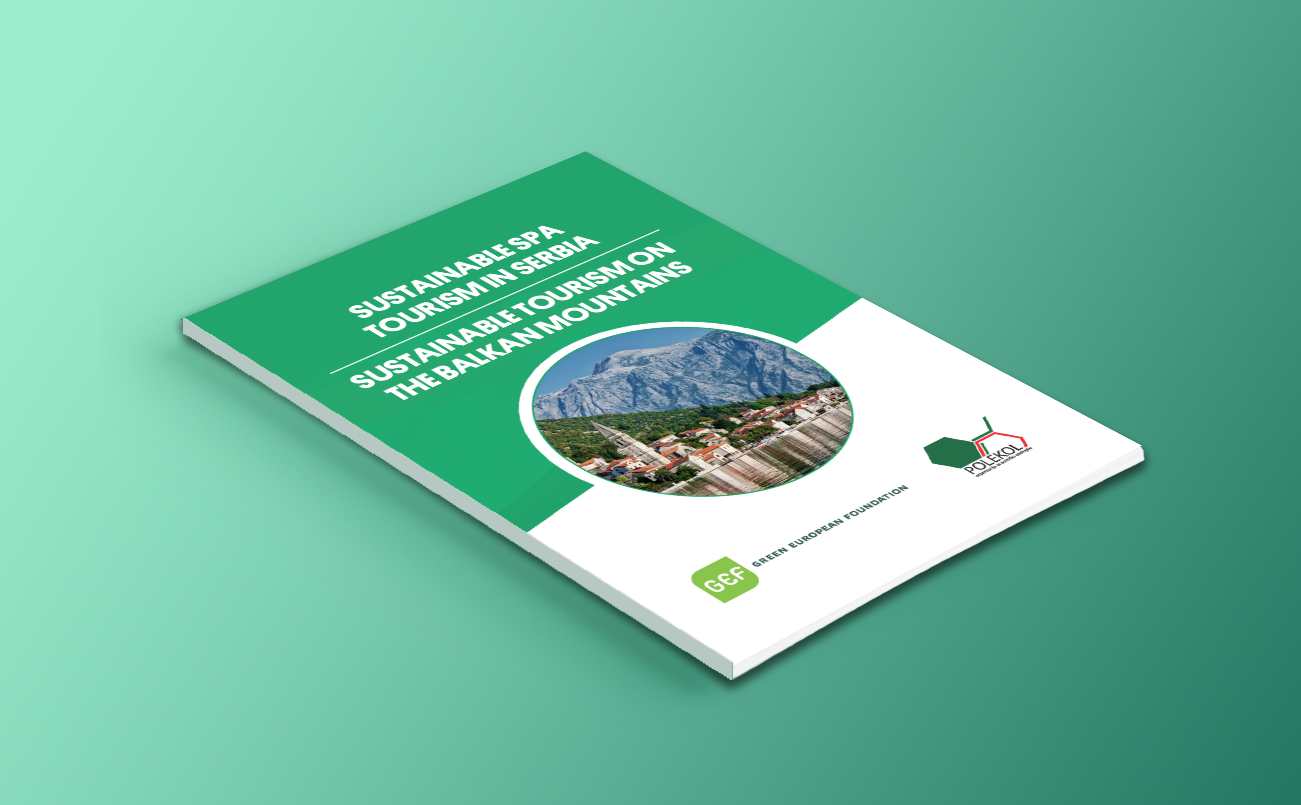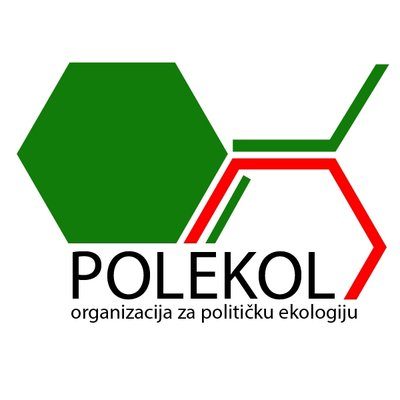
Context
The research for these papers was conducted in 2021 by the Organisation for Political Ecology – PolEkol as part of the GEF transnational project named “Fair and Carbon Free Tourism”. The aim of the project was to identify and create conditions for
collective action against the detrimental social and environmental impacts of tourism, which are often underestimated while pursuing different economic activities. Throughout 2020, this project entailed events, desk research, several local site visits as well as public debates to increase visibility and build a community around this topic. In 2021 and 2022, it followed up with larger study trips and further research to expand this knowledge and connect further with stakeholders, affected audiences and policymakers on the local but also the European level.
Sustainable Spa Tourism in Serbia
The tourism sector is a highly lucrative branch of the economy, and one that the Republic of Serbia has identified explicitly as a priority area for growth. With a history of spas that dates back to Roman times, wellness tourism is particularly interesting for international visitors and foreign investment. This research report considers the current situation, some of the challenges and risks that come with tourism development, and lays out a series of recommendations to ensure that this happens in a fair and sustainable way. Particular attention is paid to the idea of water as a public good, and the importance of protecting water access and quality for local communities and the natural world.
Sustainable Tourism on the Balkan Mountains
The tourism sector is a highly lucrative branch of the economy, and one that the Republic of Serbia has identified explicitly as a priority area for growth. At the same time, tourism is a significant driver of climate change and environmental harm, and the Covid-19 crisis highlighted the precarity of jobs and communities that depend on it. This research report explored local tourism in the Balkan Mountains as a potential model to do things differently. It looks at how community-led, small-scale tourism can not just avoid harm but actively enhance environmental protection, and offers rural populations a way to maintain their village lives with diversified sources of income. However, this requires careful investment in infrastructure and social and communal services, not just opening up the area to be a playground for private investors.
These reports have been realised by the Green European Foundation with the support of Polekol foundation (Serbia), and the financial support of the European Parliament to the Green European Foundation. The European Parliament is not responsible for the content of this publication.



